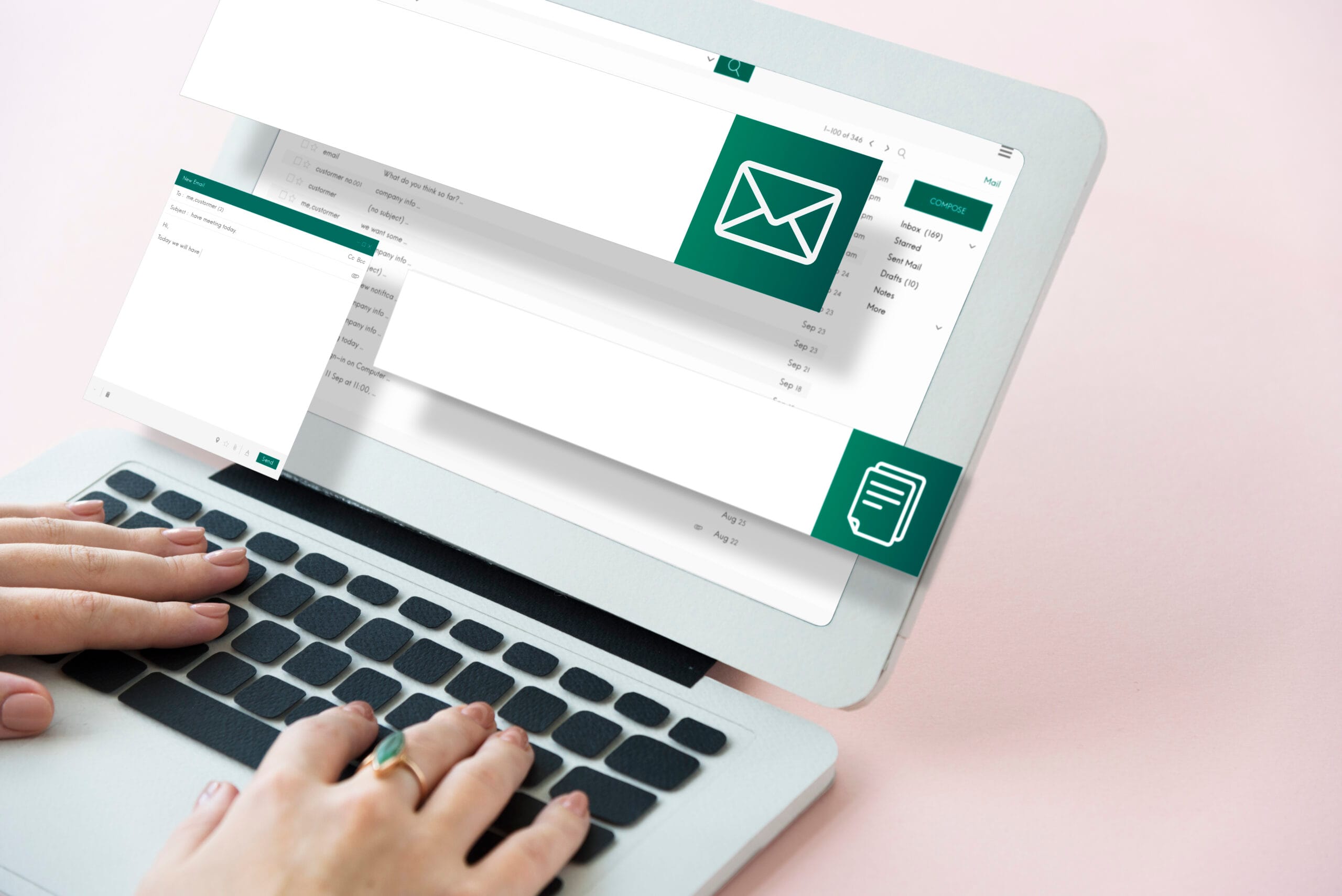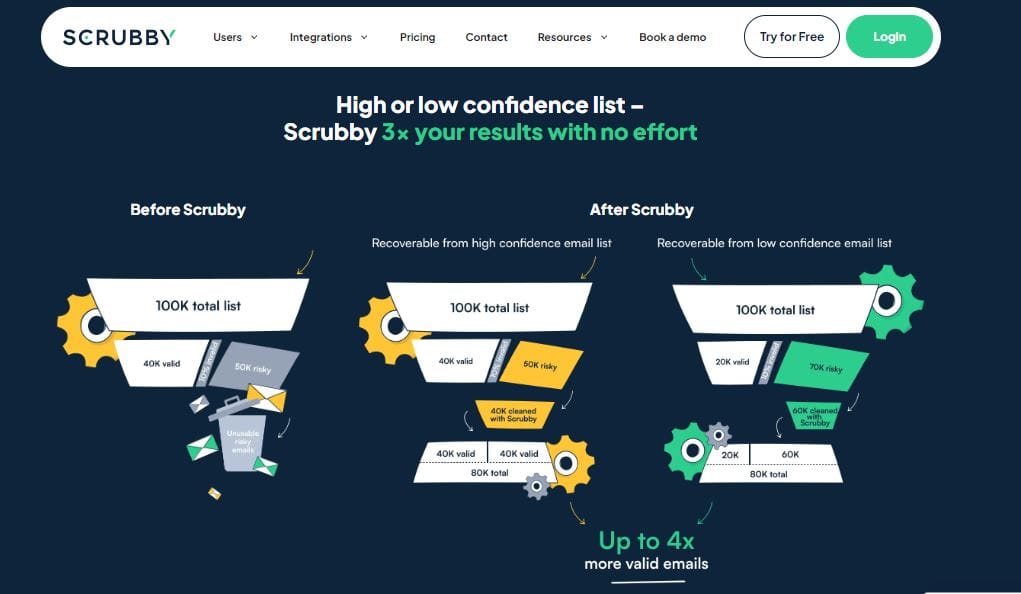Navigating the world of email services can be daunting for businesses, especially for those trying to balance a budget while maintaining professional communication. One of the tempting options for many startups and small enterprises is using a free email service. While it might sound appealing initially, it’s vital to understand both the advantages and the pitfalls associated with free email services for business purposes.

The Pros of Using a Free Email Service
Cost Savings
For any business, especially those in their embryonic stages, managing costs effectively is crucial. A free email service represents significant savings. Imagine allocating funds that would have gone into email hosting towards marketing or product development. This financial relief can help small businesses and freelancers keep their overhead low while setting the stage for growth.
Ease of Setup and Use
Free email services are typically designed with user-friendliness in mind. They come with straightforward setup processes that don’t require technical expertise. This simplicity means you can get your business email up and running quickly without waiting for tech support or hiring an IT specialist. Moreover, the intuitive interfaces provided by free email services make navigating, composing, and organizing emails a breeze.
Reliability
Many free email services are provided by well-established companies such as Google and Microsoft. These tech giants offer robust and reliable email platforms with minimal downtime and excellent uptime statistics. With sophisticated backup systems, you can trust that your emails and data are safe and accessible when you need them.
Integration with Other Tools
Using a free email service often means seamless integration with other free tools and applications. For instance, Gmail connects smoothly with Google Drive, Calendar, Docs, and many other productivity apps. This ecosystem allows businesses to streamline operations without additional costs or complications.
The Cons of Using a Free Email Service
Lack of Professionalism
In business, first impressions matter. Utilizing a free email service that ends in @gmail.com, @yahoo.com, or another generic domain might not project the same level of professionalism as a custom domain (e.g., yourname@yourbusiness.com). Potential clients and partners might perceive a custom domain as more credible and trustworthy, which could influence their decision to do business with you.
Limited Features and Customization
Free email services come with limited features and customization options compared to paid counterparts. For example, you may have constraints on email storage capacity, the inability to add additional users or create multiple business accounts under the same domain. Additionally, features like advanced integrations, business-grade security measures, and extensive customer support are often reserved for premium plans.
Advertising and Privacy Concerns
One of the trade-offs of using a free email service is the presence of advertisements. These can appear in various forms, from banners in your inbox to targeted ads based on your communications. More critically, there are concerns about privacy. Free email providers may scan your emails for keywords to display relevant ads. For businesses dealing with sensitive information, this can be a significant drawback.
Dependency on a Third-Party Service
Relying on a free email service means placing your business’s communication infrastructure in the hands of another company. Should the service experience outages, changes in terms of service, or cease operations altogether, your business could face significant disruptions. Managing your email on your own domain allows more control and flexibility, albeit at a cost.
Evaluating When Free Email Services Make Sense
Startups and Small Businesses
For startups and small businesses operating on a shoestring budget, beginning with a free email service might be a practical choice. It offers a way to get starting communication channels open without the immediate financial burden. As the business grows, transitioning to a paid service or custom domain can then be considered to enhance professionalism and capabilities.
Freelancers and Solo Entrepreneurs
Freelancers and solo entrepreneurs might also find free email services to be sufficient for their needs. The integration with productivity tools like calendars and document editors can be especially useful. In many cases, the cost savings of a free service can be reinvested into other areas such as client acquisition and personal development.
Non-Profit Organizations
Non-profits often operate under tight budgets and might prioritize funding towards their cause rather than operational costs. A free email service can offer a robust communication platform without drawing from limited resources. Many free services, such as Google Workspace for Nonprofits, even provide enhanced features for verified non-profits.
Best Practices When Using Free Email Services
Custom Domain Email Forwarding
One method to project professionalism while still taking advantage of free email services is to use a custom domain for email forwarding. For example, you can set up an email address with your business domain (info@yourbusiness.com) that forwards to your free email account. This approach allows for a professional appearance while still leveraging the benefits of a free service.
Vigilant Security Practices
Given the potential privacy concerns and limited security features of free email services, it’s critical to adopt vigilant security practices. Use strong, unique passwords and enable two-factor authentication (2FA) to add an extra layer of security to your accounts. Regularly update your passwords and be cautious of phishing attempts and suspicious emails.
Backup Important Emails
While free email services generally offer decent reliability, it’s always good practice to periodically back up important emails and documents. Utilizing third-party backup services or exporting data to an external drive can ensure your business-critical information remains safe and accessible, even in the event of service disruptions.
Regular Review of Terms and Conditions
Free email services might update their terms of service periodically. It’s essential to stay informed about these changes to avoid unexpected issues. Regularly reviewing the terms and conditions guarantees that your business operations remain compliant and helps you anticipate any shifts that might impact your email service’s functionality or availability.
Scrubby: Ensuring Email Deliverability
When using free email services, one challenge is ensuring that your emails reach their intended recipients without bouncing back. This is where Scrubby, a complete email validation tool, becomes invaluable. Unlike standard SMTP validation, Scrubby uniquely incorporates risky and catch-all email checks. By using Scrubby, you can achieve an impressive 98% deliverability for your entire email list. This is particularly important for businesses relying on free email services, where the risk of emails bouncing back or being marked as spam can be higher.

Making the Right Choice for Your Business
While free email services come with a mixed bag of benefits and drawbacks, the decision to use them should align with your business goals, budget constraints, and operational requirements. By understanding the full spectrum of pros and cons, you can make an informed choice that supports your business’s communication needs efficiently and effectively.
Free email services can offer a cost-effective and user-friendly solution, especially for small-scale operations, startups, and non-profits with limited resources. However, as your business grows and evolves, investing in a more professional and feature-rich email service might become necessary to maintain credibility, security, and functionality in your communications.
Conclusion
Choosing the right email service is a critical decision for any business. While free email services offer substantial benefits such as cost savings, ease of use, reliability, and integration with other tools, they also come with notable drawbacks, including a lack of professionalism, limited features, privacy concerns, and dependency on a third-party service. For businesses starting out, free email services can be a practical choice, but as your business grows, the need for a more robust and professional email solution becomes apparent.
One way to enhance the effectiveness of your email communications, whether using free or paid services, is by ensuring high deliverability rates. This is where Scrubby, a complete email validation tool, comes into play. Scrubby goes beyond standard SMTP validation by incorporating risky and catch-all email checks, ensuring an impressive 98% deliverability for your entire email list. By using Scrubby, you can maintain the integrity of your communications and reduce the risk of emails bouncing back or being marked as spam.
Ultimately, the key lies in balancing immediate needs with long-term objectives, ensuring that your choice of email service not only serves your current requirements but also scales with your future aspirations.
To ensure your emails always reach their intended recipients and to take advantage of the most comprehensive email validation available, give Scrubby a try. It could be the difference between your emails being seen and them being lost in the void.